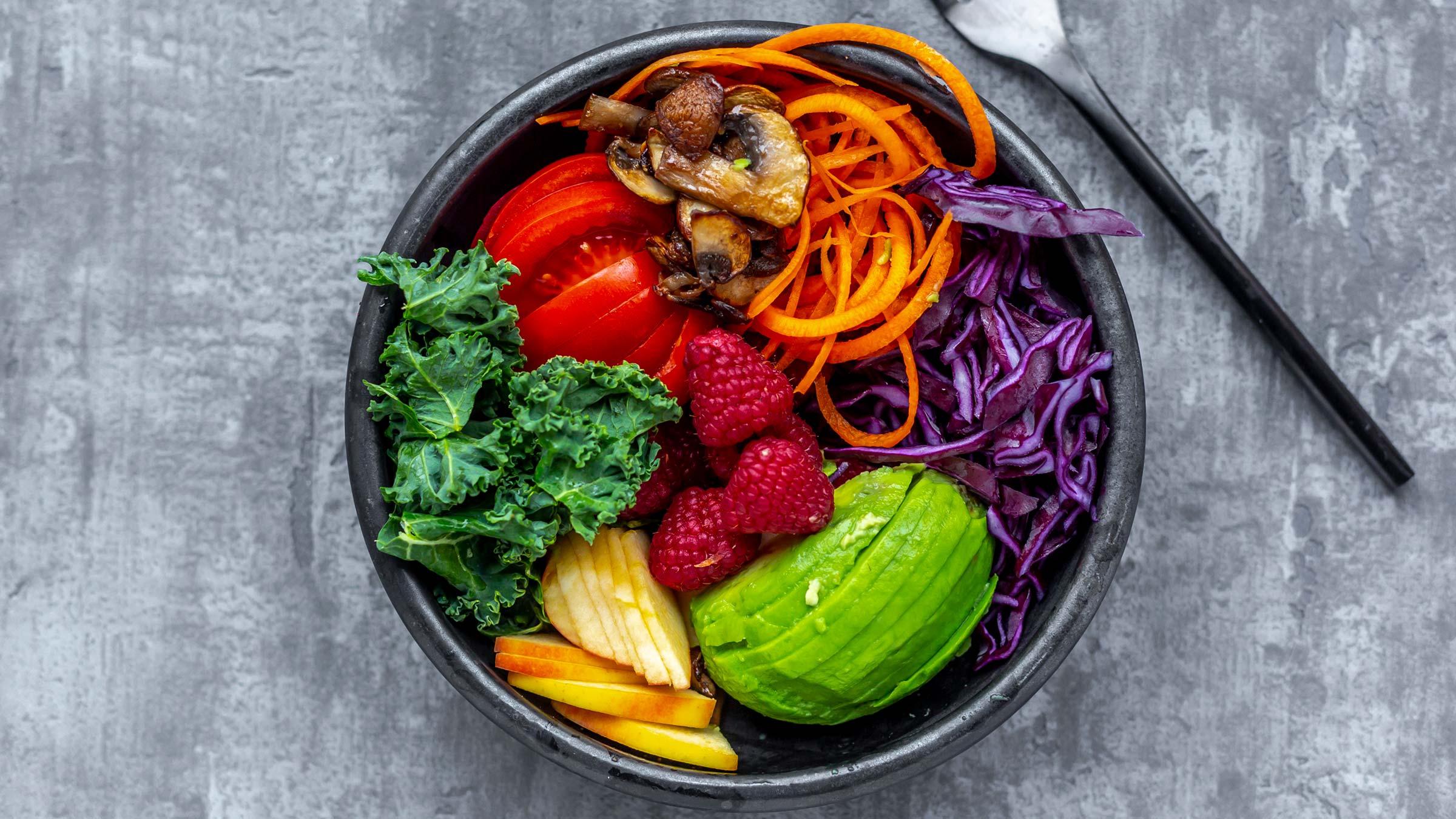
Some of the most common questions I get asked by cancer survivors are about the safety and health benefits of organic fruits and vegetables versus conventional fruits and vegetables.
- Will eating conventional produce, grown with pesticides, harm my health?
- Is it healthier to buy and eat organic fruits and vegetables?
The truth about health risks from eating non-organic fruits and vegetables
There’s a lot of online chatter about ‘The Dirty Dozen’ and ‘The Clean 15’ fruits and vegetables. And while the names are catchy, the implications of limiting food choices based on these lists may do more harm than good.
What I tell people is that the science-based evidence to date has found the health risks from the pesticides used in growing conventional, non-organic fruits and vegetables are very low. There's no conclusive evidence that eating conventional fruits and vegetables with minimal pesticides is harmful. The health benefits from the vitamins, fiber and phytochemicals in fruits and vegetables are a vital part of a healthy diet.
Are organic fruits and vegetables more nutritional?
Buying organic is a personal choice and many choose to do so because they believe it’s better for their health and also better for the health of the environment and our food system. When it comes to nutrition, the studies I’ve read have been mixed about the nutritional benefits of organic produce.
Some studies have shown that organic fruits and vegetables have a higher content of minerals and vitamins, while others have found the nutritional value is the same. Buying organic is often more expensive and isn’t practical for many people, so, again, I think it’s more important to purchase and eat a variety of conventional or organic fruits and vegetables.
The bottom line: Eat more fruits and veggies
Studies by the U.S. Centers for Disease Control and Prevention (CDC) have found that only 12% of people eat enough fruit and just 10% eat enough vegetables.
The recommended amounts are 1.5 to 2 cups of fruit and 2 to 3 cups of vegetables a day. So, no matter if you select conventional or organic produce, eating more and increasing your variety is the best option to enhance your diet and nutrition.
Try these tips to increase your fruit and veggie intake, enhance food-handling safety and save money …
- Buy seasonal and local whenever possible. This can help lower the cost, and produce that doesn’t travel as far to reach your supermarket shelves will be fresher and may contain more nutrients.
- If you choose to purchase organic, remember that you don’t have to shop at a specialty store that might be more expensive, because the standards are the same at every store.
- Frozen and canned fruit and vegetables are another option. They're preserved right when they’re picked and retain most of their nutrients. The biggest difference is taste and texture, and some people prefer fresh.
- Wash your fruit and vegetables in running water before you eat or cook them, whether they're organic or conventional, to remove any possible bacteria that can cause illness. The United States Department of Agriculture recommends a 20-second wash. You should also scrub them with a brush or cloth when possible.
- I always wash melons before I cut them. The knife, as it slices through the unwashed outer shell, can pick up some of the residue and bacteria that can cause illness and deposit it on the tasty fruit inside.

Take the first steps to a healthier lifestyle
Ditch the fads and start taking real steps to improving your health with the nutrition and dietary experts from Ohio State.
Start today



